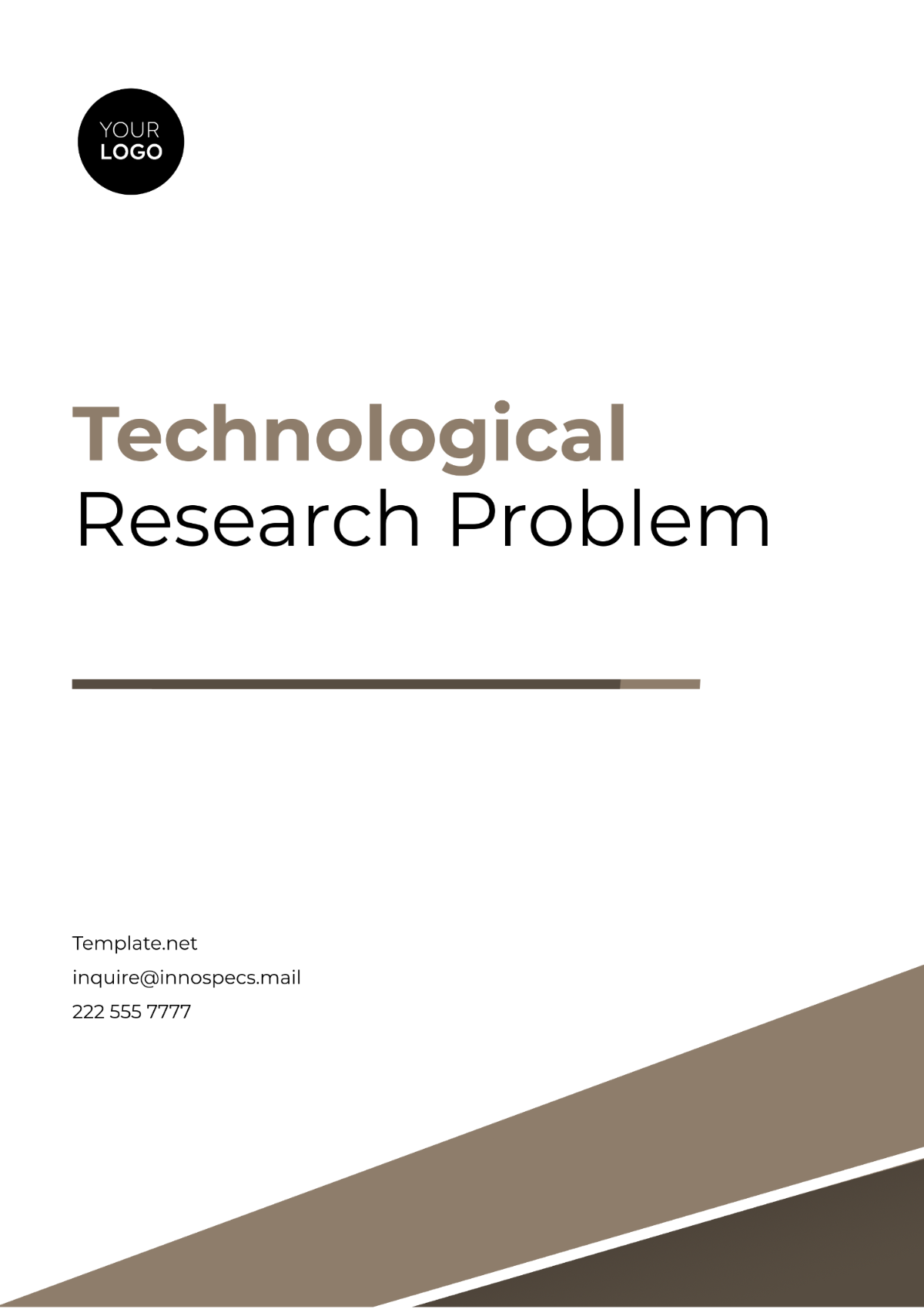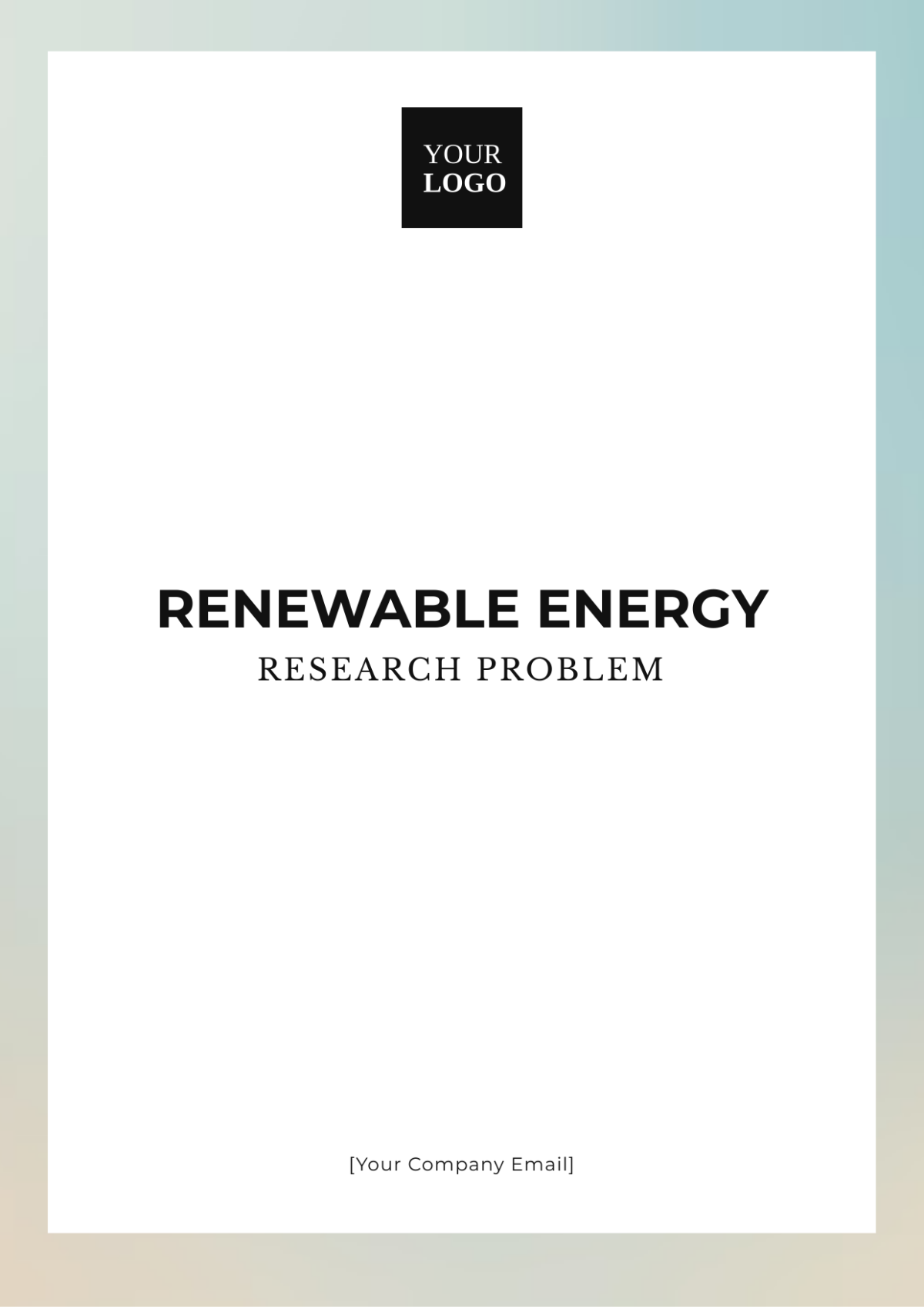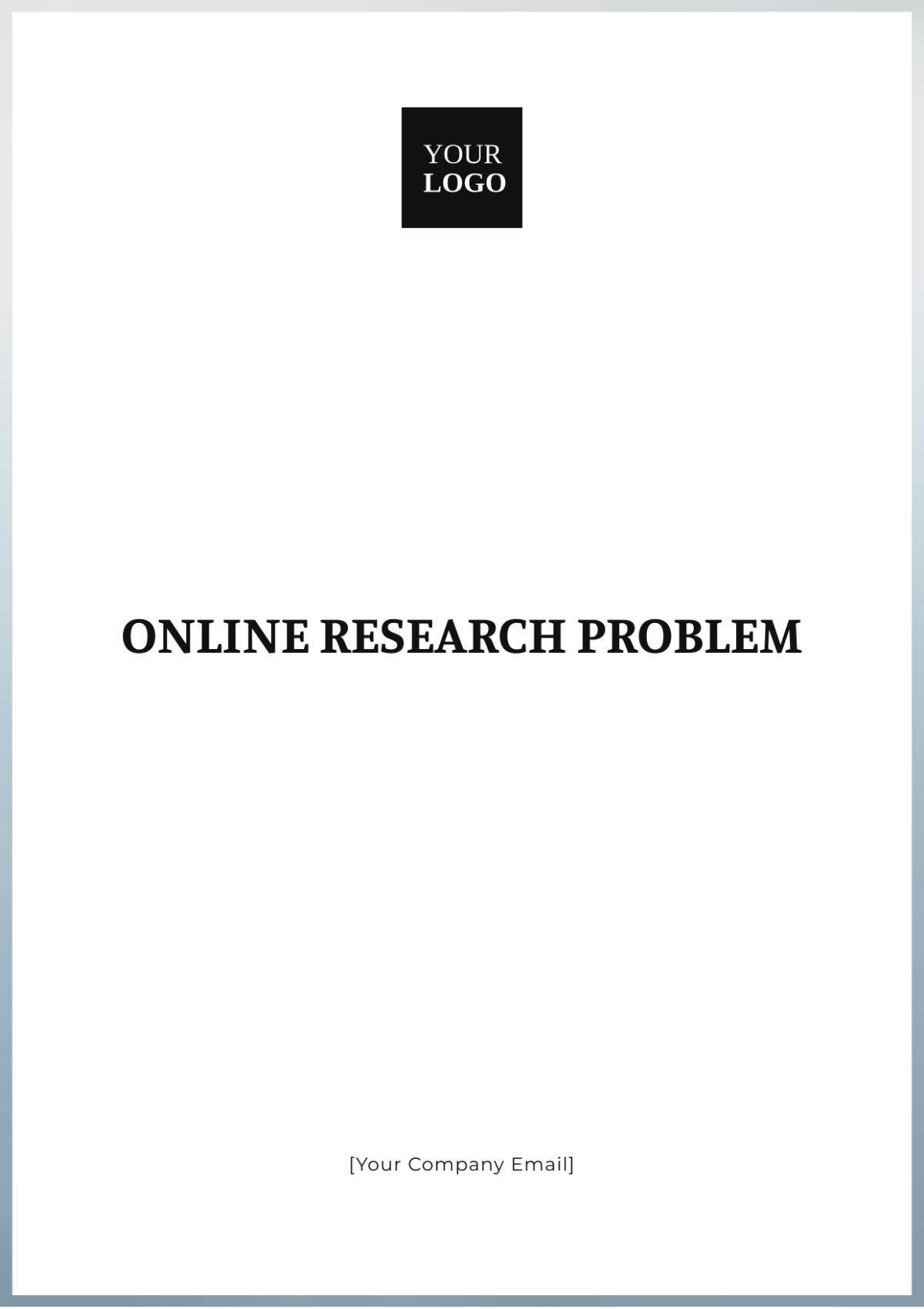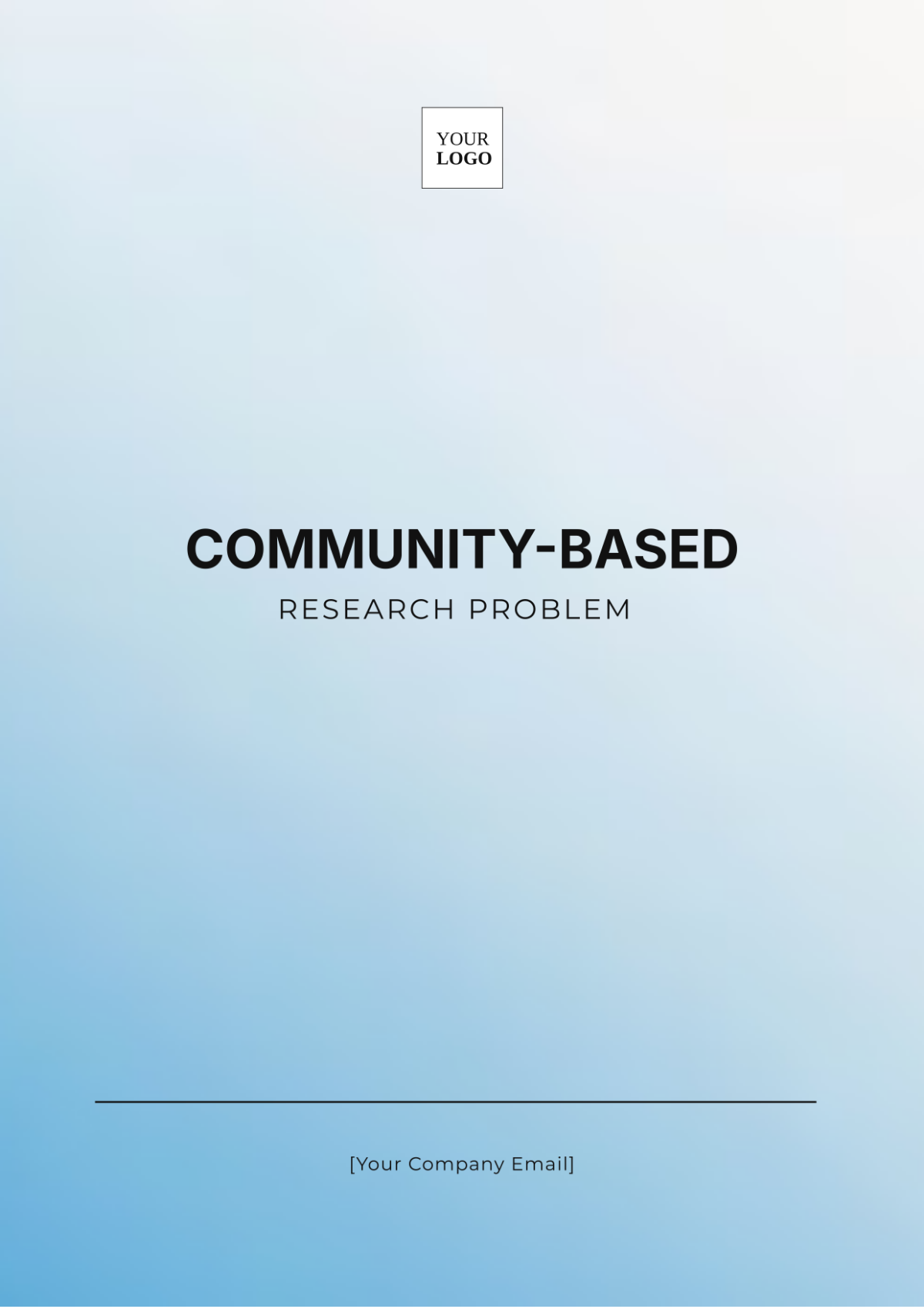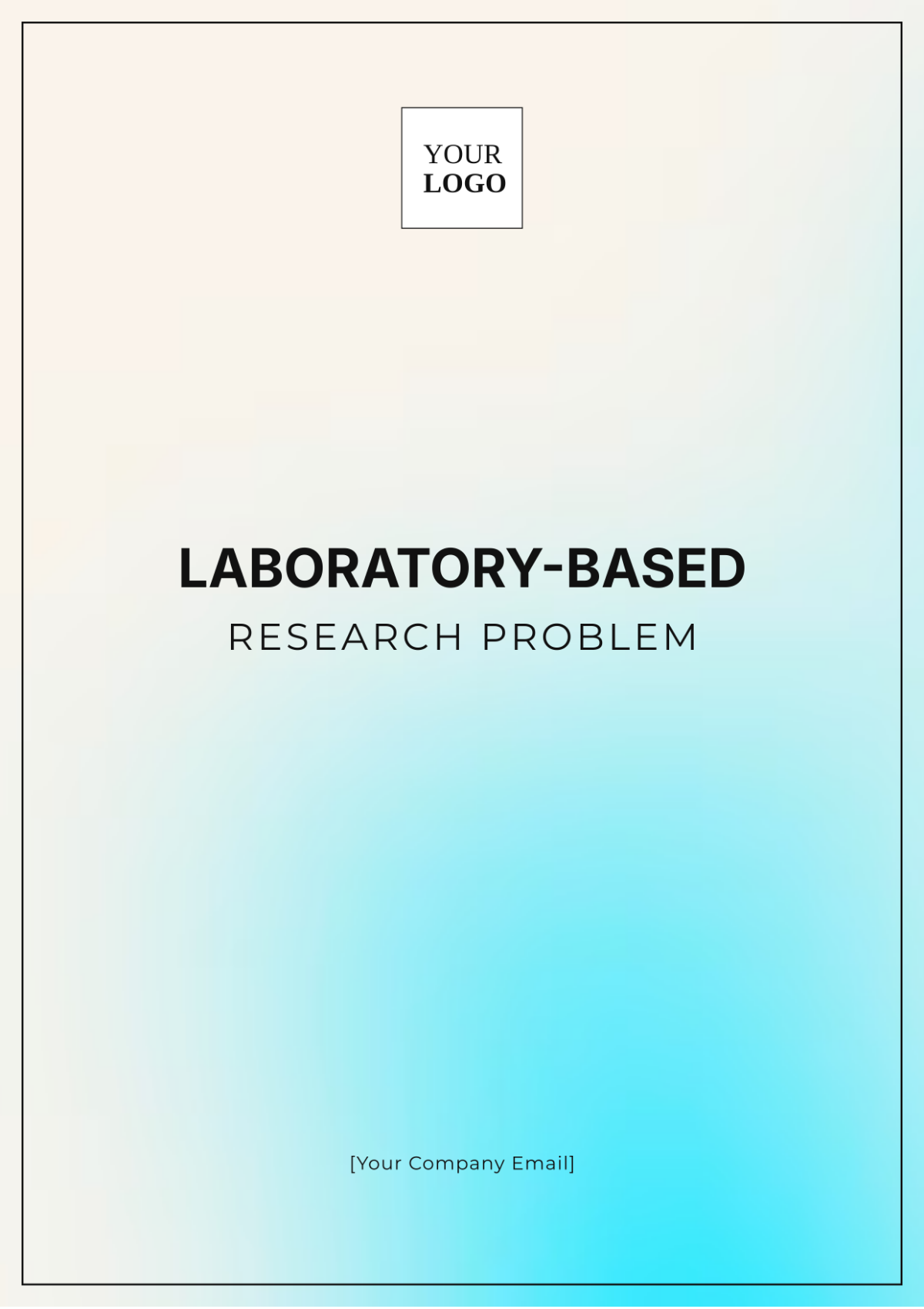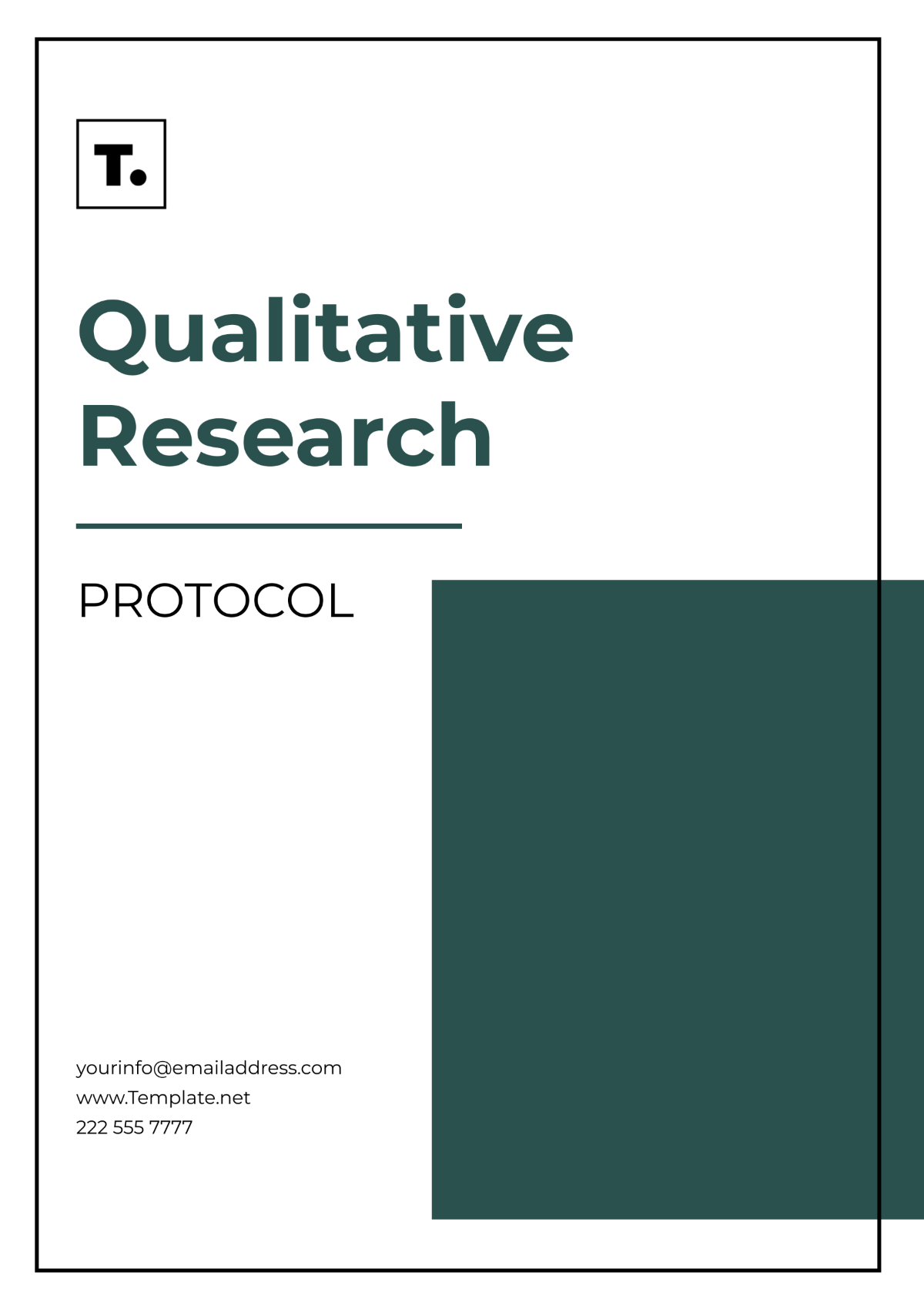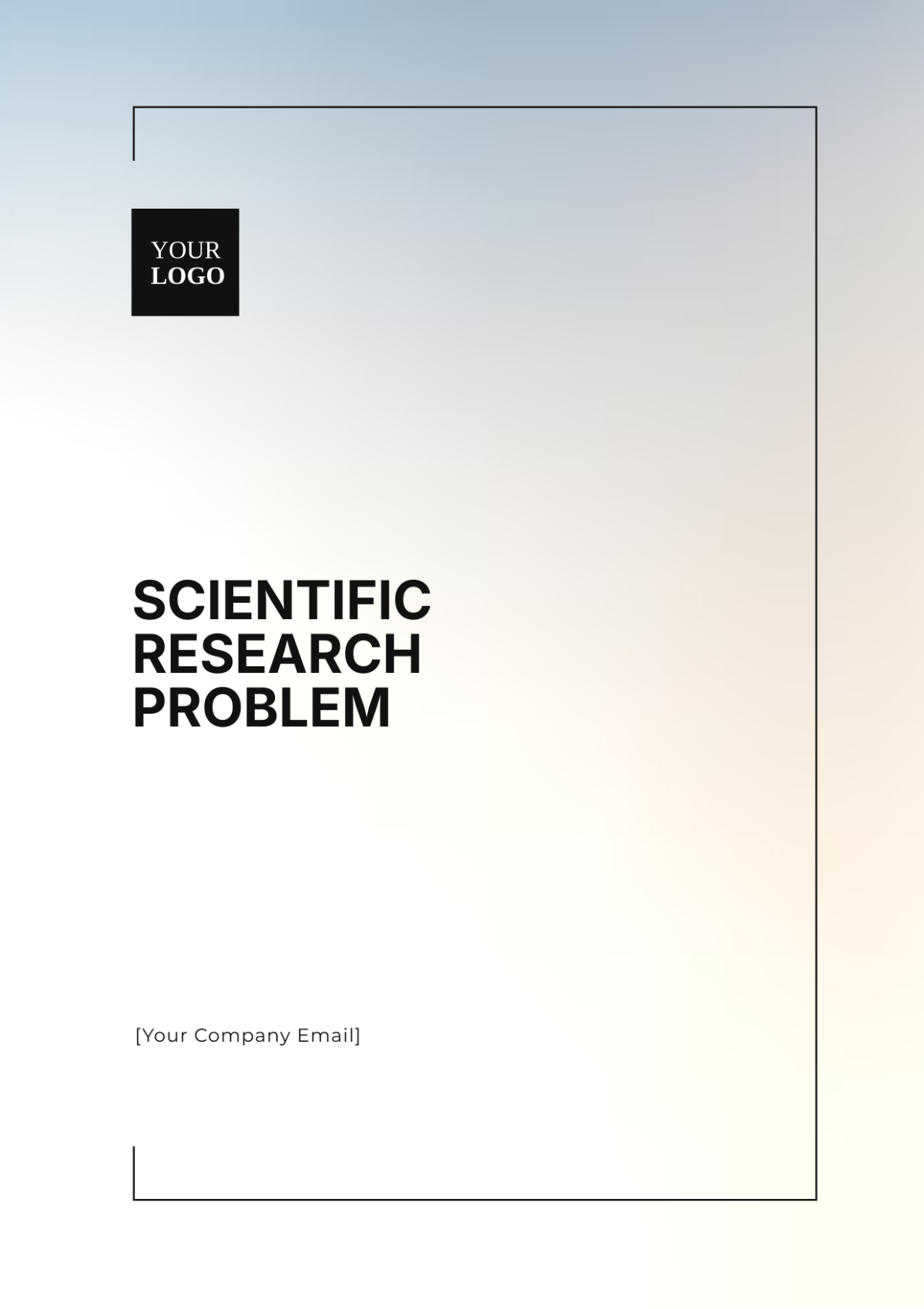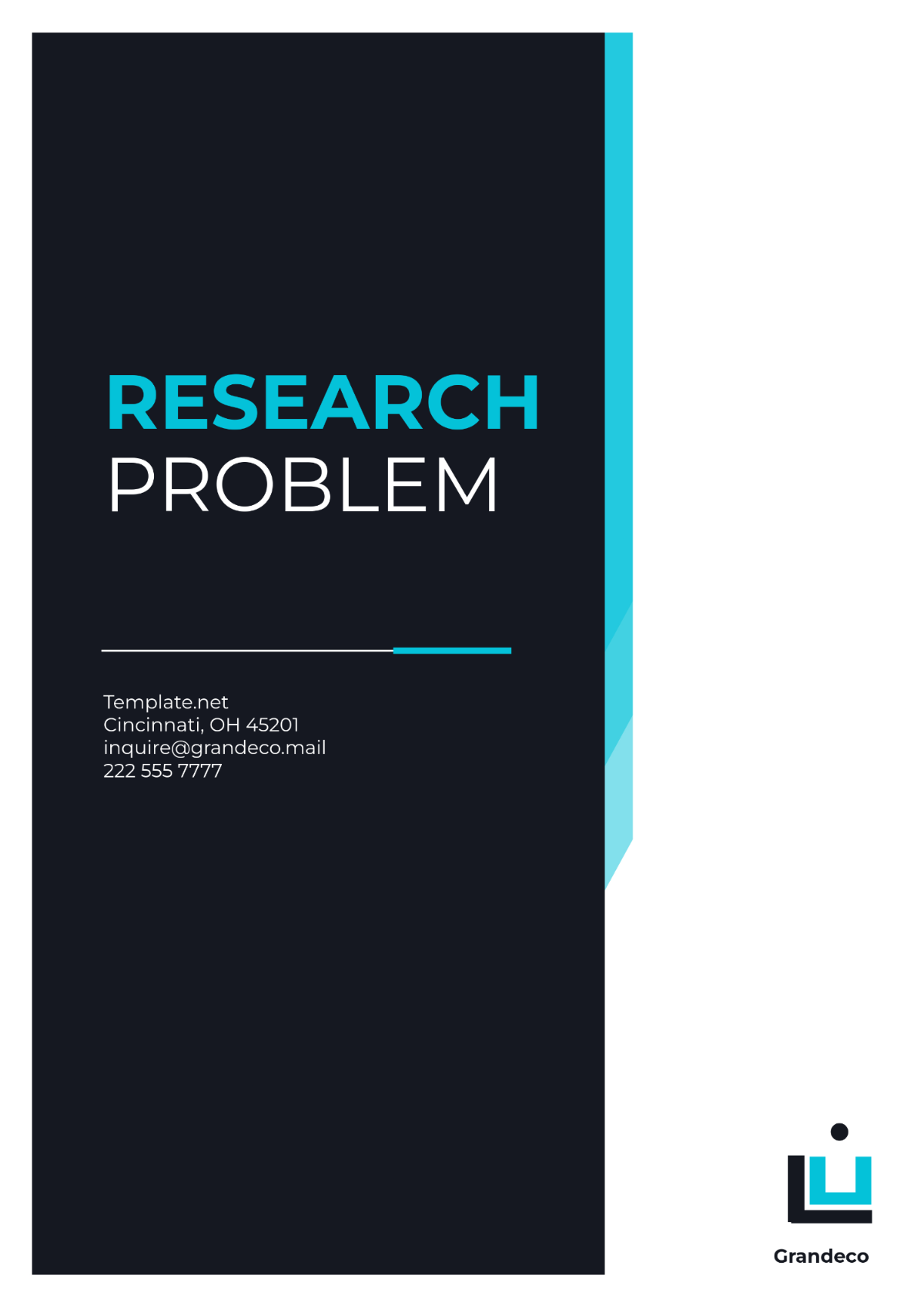Academic Quantitative Research
[YOUR COMPANY NAME] is dedicated to advancing academic research through meticulous and data-driven approaches. This study, led by [YOUR NAME], seeks to rigorously test hypotheses in the field of organizational behavior using robust quantitative methods. The aim is to either support or refute theoretical predictions based on empirical data.
Research Title
The Effect of Employee Engagement on Job Performance: A Quantitative Analysis
Introduction
Quantitative research is essential for testing theories and validating hypotheses within academic disciplines. This research focuses on the relationship between employee engagement and job performance, a crucial area of study in organizational behavior. By utilizing statistical methods, this study aims to provide empirical evidence that either confirms or challenges existing theoretical models. The research will address key questions about how employee engagement influences job performance and explore the broader implications for organizational practices.
Research Objectives
Objective 1:
To determine the impact of employee engagement on job performance. This objective seeks to quantify the extent to which changes in employee engagement affect job performance, using statistical analysis to provide a clear measure of this relationship.
Objective 2:
To assess the relationship between employee satisfaction and job performance. This part of the research will evaluate how employee satisfaction interacts with job performance, aiming to uncover any significant correlations or causal links.
Objective 3:
To evaluate the effectiveness of employee recognition programs in enhancing job performance. This objective will focus on measuring the impact of employee recognition programs on job performance, providing insights into the practical implications and effectiveness of these programs.
Methodology
Data Collection:
Data will be collected using an online survey distributed to employees at various companies. The study will target a sample of 500 employees across different industries. The sample size ensures sufficient power to detect statistically significant effects.
Data Analysis:
The collected data will be analyzed using SPSS statistical software. Techniques such as regression analysis, ANOVA, and correlation analysis will be employed to test the hypotheses. The significance level for hypothesis testing will be set at 0.05 to determine whether the observed results are statistically significant.
Hypotheses Tested:
Hypothesis 1: Increasing employee engagement will lead to a significant increase in job performance.
Hypothesis 2: There is a positive correlation between employee satisfaction and job performance.
Results
The results of the study will be presented in detailed statistical reports and visual representations. Key findings include:
Descriptive Statistics: The average employee engagement score was 7.5 out of 10 (SD = 1.2), while the average job performance rating was 8.2 out of 10 (SD = 1.5). Employee satisfaction scores averaged 6.8 (SD = 1.3).
Hypothesis 1 Testing: Regression analysis revealed a significant positive relationship between employee engagement and job performance (β = 0.45, p < 0.01). This indicates that higher levels of employee engagement are associated with better job performance.
Hypothesis 2 Testing: Correlation analysis showed a strong positive correlation between employee satisfaction and job performance (r = 0.60, p < 0.01). This suggests that employees who are more satisfied with their work tend to have higher job performance.
Comparative Analysis: Employees who participated in recognition programs reported significantly higher job performance scores (M = 8.5, SD = 1.4) compared to those who did not participate (M = 7.8, SD = 1.6), t(498) = 3.45, p < 0.01.
Conclusion
The findings from this study provide substantial evidence supporting the hypotheses. Increased employee engagement was significantly associated with enhanced job performance, confirming Hypothesis 1. Additionally, the strong positive correlation between employee satisfaction and job performance supports Hypothesis 2.
The study also highlighted the effectiveness of employee recognition programs, with participants showing improved job performance. These results underscore the importance of fostering high levels of engagement and satisfaction to boost job performance.
Future research should explore additional factors that might influence job performance, such as work environment or management styles, and consider longitudinal studies to examine long-term effects. Overall, the research contributes valuable insights into organizational behavior and offers practical recommendations for improving employee performance through engagement and recognition programs.
Contact Information
For further inquiries or detailed information about this research, please contact:
Researcher: [YOUR NAME]
Email: [YOUR EMAIL]
Company Name: [YOUR COMPANY NAME]
Company Number: [YOUR COMPANY NUMBER]
Company Address: [YOUR COMPANY ADDRESS]
Date: July 25, 2050
This research is conducted by [YOUR COMPANY NAME] and aims to enhance the understanding of organizational behavior through quantitative evidence. The findings will contribute to the ongoing academic discourse and provide a foundation for further studies in the field.


















